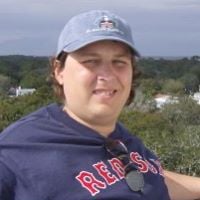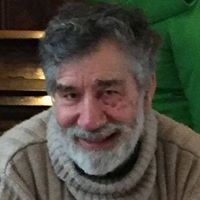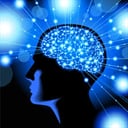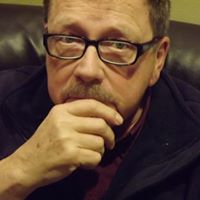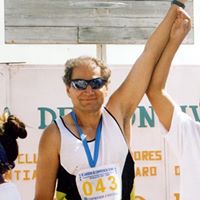Who was Andrei Sakharov?
Andrei Sakharov ( May 21, 1921 – December 14, 1989) was a Russian nuclear physicist, dissident, and activist for disarmament, peace and human rights.
Sakharov studied physics at Moscow University, and he was one of the most brilliant students there. He was exempted from military service during World War II, and completed his studies in 1942. After the war he researched cosmic rays. In mid-1948 he participated in the Soviet atomic bomb project and then worked in several secret projects. He is known as the father of the Soviet hydrogen bomb.
Since the late 1950s Sakharov had become concerned about the moral and political implications of his work. Politically active during the 1960s, Sakharov was against nuclear proliferation. In 1968, Sakharov finished his essay “Reflection on Progress, Coexistence, and Intellectual Freedom” that was published in The New York Times.
He was banned from conducting any military-related research because of his social activism in the sphere of human rights. In 1975 he was awarded the Nobel Prize for Peace. In 1979 he denounced the Soviet military intervention in Afghanistan and was banished to Gorky. In 1986 the new Soviet leader Mikhail Gorbachev released Sakharov and he returned to Moscow. He died in December 1989.
More Info:
en.wikipedia.org
